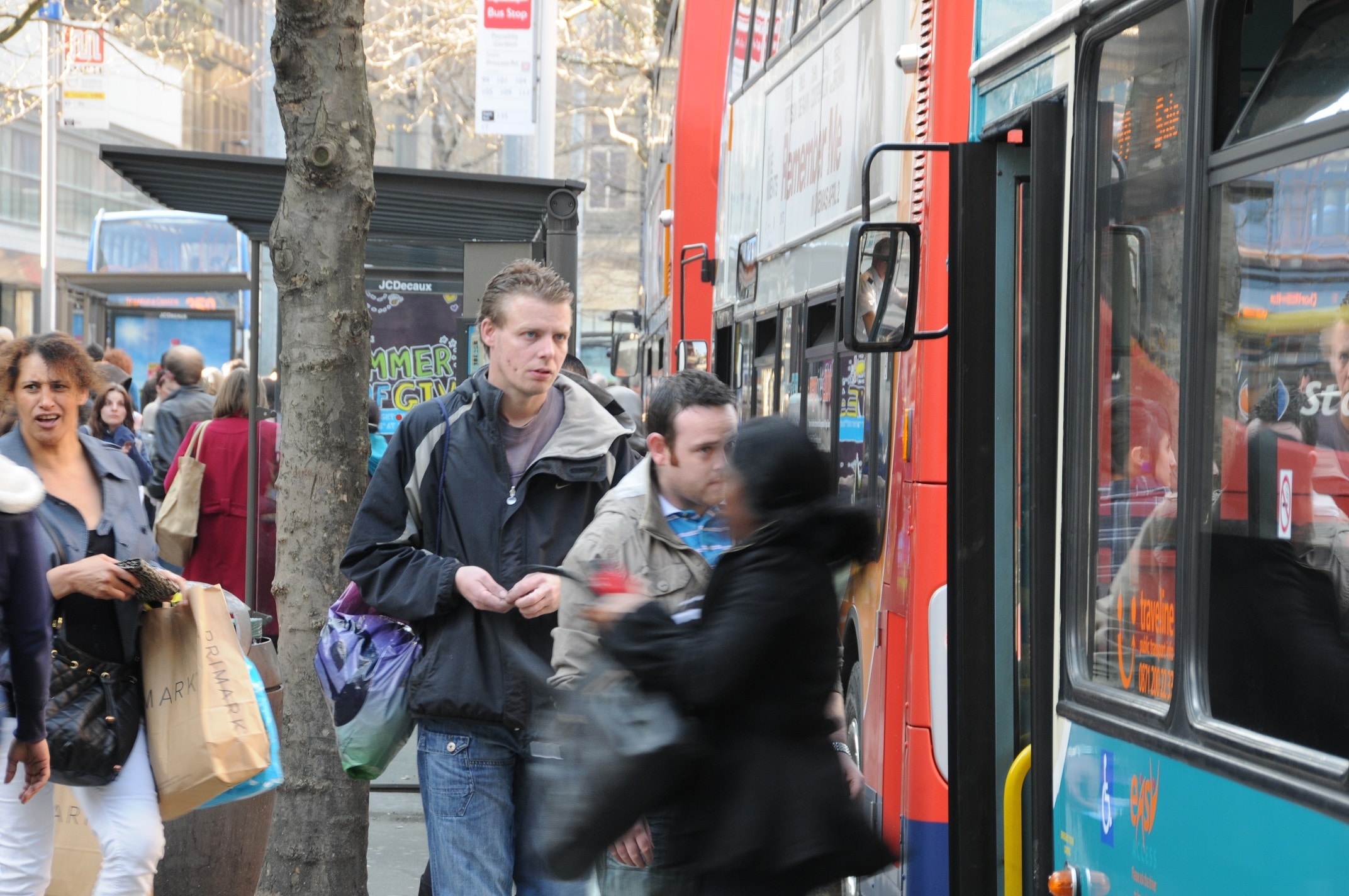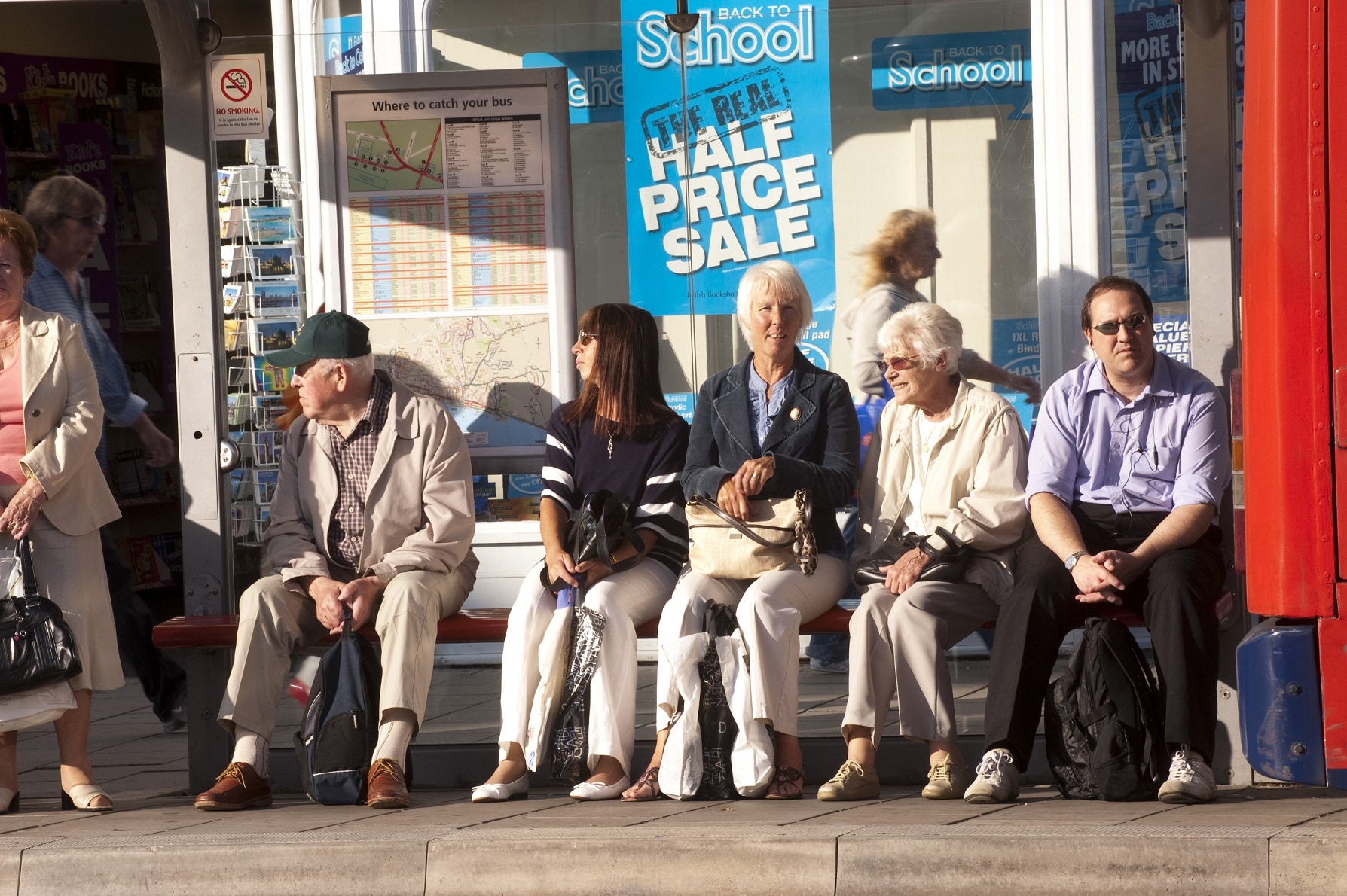Bus operators in England outside London must not underestimate the onus on them to collaborate with each other and local authorities (LAs) during Enhanced Partnership (EP) development as part of National Bus Strategy work. That was the message from the Department for Transport (DfT) at a recent Bus Strategy Forum meeting.
Head of Partnership, Franchising and Competition Policy Steve Blackmore warned that ministers see no return to a deregulated market after EPs are put into place. They will take a hard line with any operator that does not engage with preparation of those Partnerships.
Although DfT hopes that all such work will be constructive, “where there is belligerence, there is going to be a stick” from ministers to ensure that operators toe the line, Mr Blackmore says.
He reports that DfT is already aware of one bus company that plans to object to Enhanced Partnership “on principle, because it will affect [the operator’s] commercial freedom.” However, while negative behaviour is likely to draw a strong response from the Department, it is also important that operators do not adopt a passive approach and allow LAs to define what EPs contain.
Those partnerships “will affect your business going forward,” he continues. Once the EP scheme is made, it is effectively a contract between the LA and operators involved that neither side can renege on. “It is really important that this is a very detailed agreement,” Mr Blackmore says, although the EP mechanism allows items to easily be added later if new funding comes available.
Competition concerns around EPs were also covered by Mr Blackmore. The relevant guidance has been developed in co-operation with the Competition and Markets Authority (CMA) and he says that there is nothing to prevent operators discussing among themselves what they want from EPs before putting that forward to an LA.
“It is not the same as a group getting together in a smoky room and carving up a network or trying to price fix fares and then going out and doing it. You are developing your bid. It is what happens next that is important.”
Once the final EP package is created, the LA involved will carry out a ‘competition test’. It must be satisfied that the benefits to passengers of the Partnership outweigh the effect on competition. After that, the EP will be subject to public consultation, with CMA as a mandatory consultee. Should changes be introduced then, the competition test must be re-run.
CMA will “rely hugely” on the LA’s competition test work, adds Mr Blackmore. As an EP places legal obligations on operators to comply – and is not an agreement – CMA will have no role in Partnerships’ implementation.
“There is no reason why an operator should fear competition authorities or fear that engaging with [the EP] process will in any way breach competition law,” he continues. “Talking to each other is not anticompetitive. You have to do it, otherwise things are not going to work.”



























